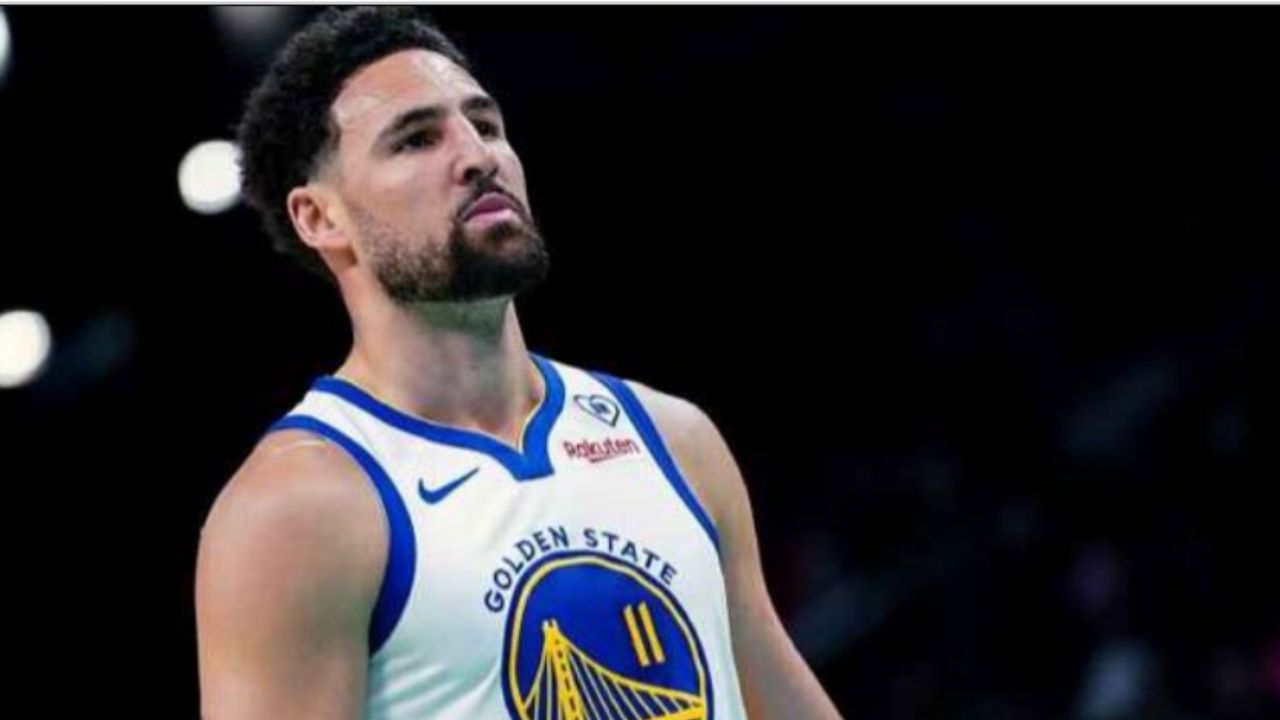In the aftermath of the benching announcement, tensions within the Golden State Warriors organization reached a boiling point as Klay Thompson, a cornerstone of the team’s success, found himself grappling with the reality of a diminished role. The emotional upheaval that ensued underscored the depth of Thompson’s attachment to his status as a starter and the profound impact of the change on his identity within the team.
For Thompson, whose illustrious career with the Warriors has been defined by unwavering dedication and unwavering loyalty, the news of his benching was met with a mixture of disbelief and indignation. Having been a linchpin of the team’s championship aspirations for over a decade, Thompson’s pride and sense of belonging were deeply intertwined with his role as a starter, making the prospect of relegation to the bench a bitter pill to swallow.
In the heat of the moment, as emotions ran high and tempers flared, Thompson’s frustration boiled over in a confrontation with head coach Steve Kerr and the coaching staff. The intensity of his reaction reflected not only the shock of the news but also the profound sense of betrayal and abandonment that accompanied it. For Thompson, who had poured his heart and soul into the team’s success, the decision to demote him to a secondary role felt like a betrayal of trust and a repudiation of his contributions to the franchise.

Throughout his tenure with the Warriors, Thompson had exemplified the epitome of professionalism and selflessness, consistently putting the team’s interests above his own and sacrificing personal accolades for the collective good. As the quintessential “Splash Brother” alongside Steph Curry, Thompson had played an indispensable role in shaping the Warriors’ identity and forging a legacy of excellence on the court.
However, the toll of injuries, including a devastating knee injury in 2019 and a subsequent Achilles tear in 2020, had taken a toll on Thompson’s once-illustrious career. Despite his valiant efforts to overcome adversity and reclaim his former glory, the lingering effects of these injuries had eroded his effectiveness on the court, leading to a decline in his scoring output and shooting efficiency.
In light of these challenges, the decision to transition Thompson to a bench role was driven by a desire to maximize his contributions to the team while mitigating the risks associated with his diminished athleticism and durability. While the move was intended to preserve Thompson’s long-term health and prolong his career, the emotional toll it exacted on him was undeniable.
As Thompson grappled with the reality of his new role, he faced a daunting challenge: to redefine his identity and purpose within the team while reconciling his own ambitions with the collective goals of the organization. While the transition would undoubtedly present its share of obstacles and uncertainties, Thompson’s resilience and determination to overcome adversity would ultimately define his legacy as one of the greatest players in Warriors history.






